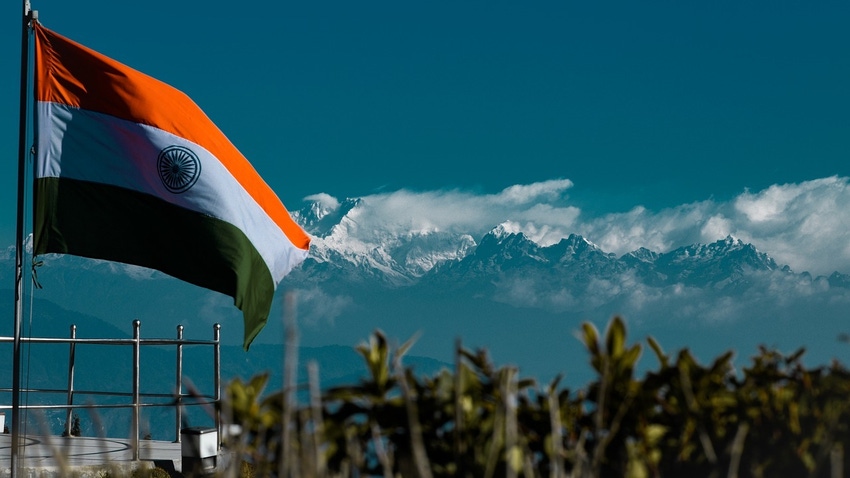India's BSNL issues a $7.8B tender for BharatNet project
Smaller domestic vendors may be left out of BSNL's tendering process for the BharatNet project because of revenue and experience conditions.

Government-owned service provider Bharat Sanchar Nigam Limited (BSNL) has announced a 650 billion Indian rupee (US$7.8 billion) tender to implement the third phase of the BharatNet project, one of the biggest rural telecom projects in the world.
The tender is part of the INR1.4 trillion ($16.88 billion) project, which was launched in 2012 to connect all the Gram Panchayats (village councils) in the country to a fiber optic network to boost the digital economy in the country's rural areas.
"[The] Objective is to enable access providers like mobile operators, Internet Service Providers (ISPs), Cable TV operators, content providers to launch various services such as applications like e-health, e-education and e-governance in rural and remote India," says a statement from the Universal Service Obligation Fund (USOF), part of the Department of Telecommunications, which has contributed funds to the development of the project. As of December 2023, a total of INR398.25 billion ($4.8 billion) had been disbursed under the BharatNet project.
Tender requirements
As part of the tender, the BSNL has invited bids from 16 states and union territories (UTs) for the design, supply, construction and installation of fiber optic cables, switches, routers and other telecom gear. The selected companies will also be responsible for maintaining the network for ten years.
The tender document says that bidders, whether it is a single entity or a consortium, should have a minimum net worth of INR500 million ($6.03 million) to INR3.75 billion ($45.23 million), depending on the category or state it is bidding for. In addition, the bidders per category should have an average annual turnover of at least INR3.25 billion ($39.2 million) for the last three financial years.
As per the tender document, the bidder should also have experience of building fiber cable network projects and should have supplied at least 800 units of equipment like routers and switches in the last ten years.
The project presents opportunities for both global and domestic vendors. It is not clear if some vendors would form a consortium to bid for the project. Nokia, Ericsson, HFCL, STL, Tejas (part of the Tata Group) and Lekha Wireless are some of the companies that are likely to throw their hats into the ring.
"While bigger domestic players, like Tejas and HFCL, will be able to meet the criteria of the tender, smaller players are likely to be left out because they will not be able to meet the revenue and experience conditions. This is not in keeping with the principles of Atmanirbhar (self reliant) and Make in India policies of the government, and we would urge the government to revise the tender conditions," Rakesh Bhatnagar, director general of Voice of Indian Communication Technology Enterprises (VoICE) association, told Light Reading.
BharatNet: the way ahead
As of January 22, 2024, BharatNet has connected 210,190 Gram Panchayats and laid 678,148km of fiber.
"Additionally, 847,465 Fibre-To-The-Home (FTTH) connections are commissioned and 104,675 Wi-Fi hotspots are installed to ensure last-mile connectivity," says USOF's update on the project.
The project was initially being implemented by a special purpose vehicle (SPV), Bharat Broadband Nigam Limited (BBNL), which was merged with BSNL two years ago. BSNL is now the single project management agency for the BharatNet initiative.
The third phase of the BharatNet project will see BSNL implement Internet leased line bandwidth at 7,269 blocks. In addition, private players will operate and maintain the project for ten years.
Furthermore, it will use the Udyami (Hindi word for entrepreneur) model to provide last-mile connectivity from village to household. The government will be relying on Udyamis, village-level entrepreneurs, to bring fiber connections to households, seeking to provide employment in the villages.
Under the project, the government will give Udyamis a one-time financial incentive of INR8,900 ($107.37) to INR12,900 ($155.64) per FTTH connection. BSNL hopes to provide 15 million domestic fiber connections in rural India over five years using the Udyami model.
Read more about:
AsiaAbout the Author(s)
You May Also Like












